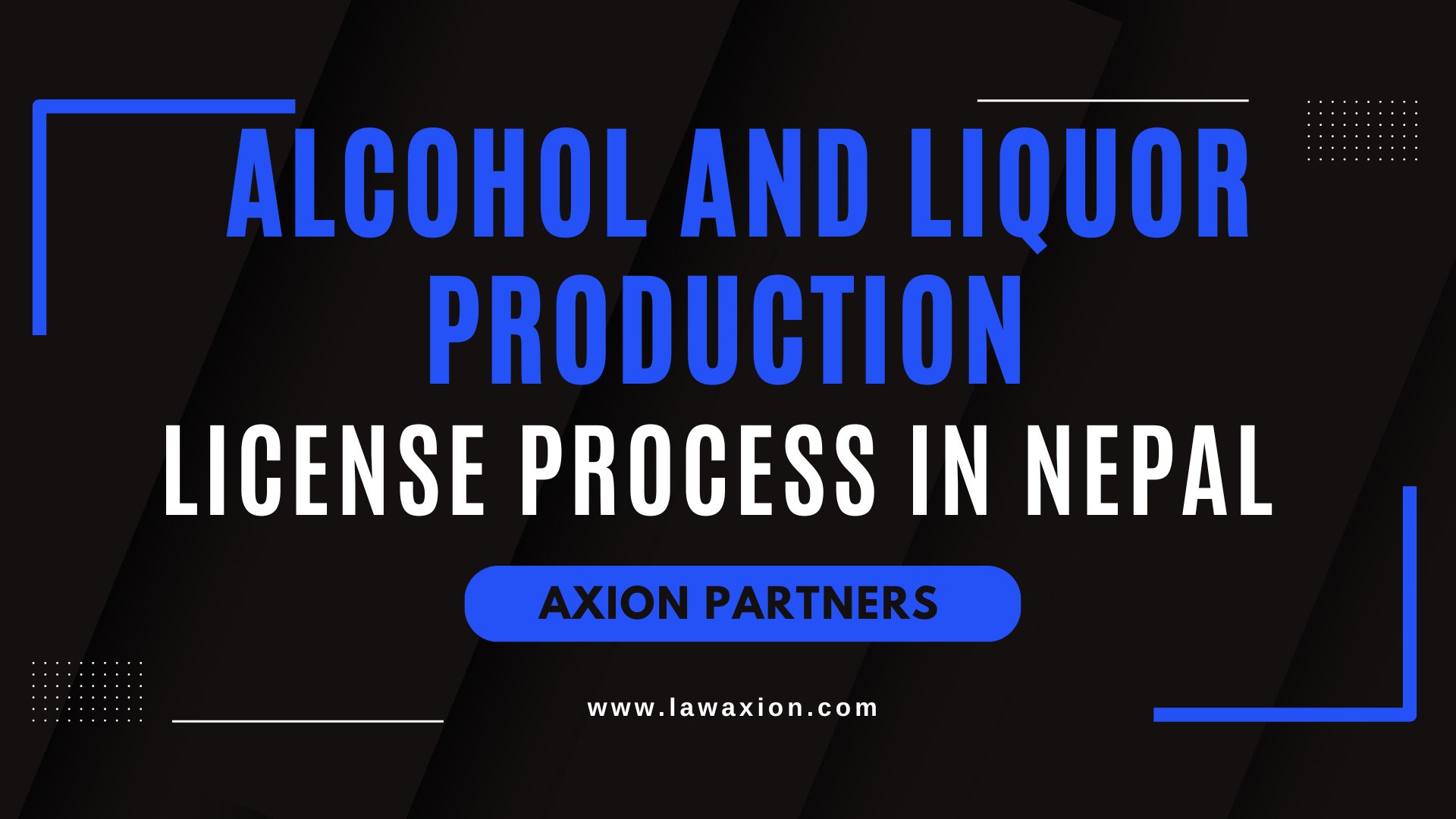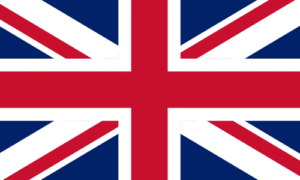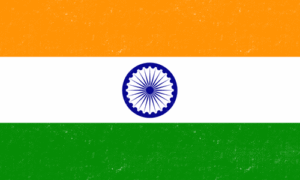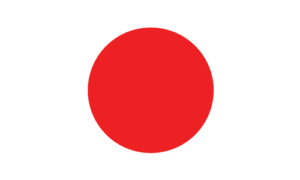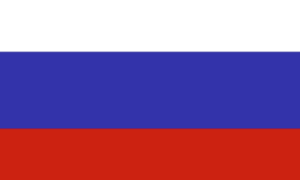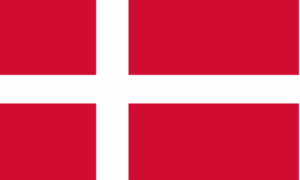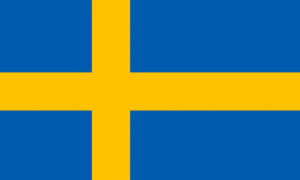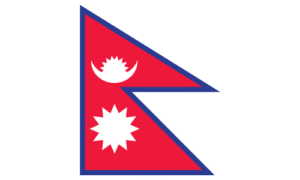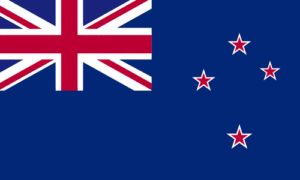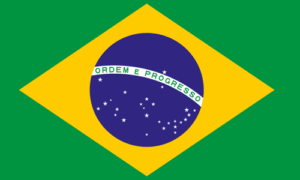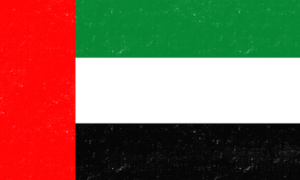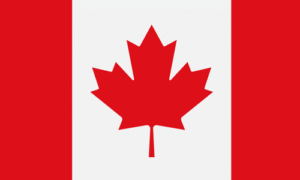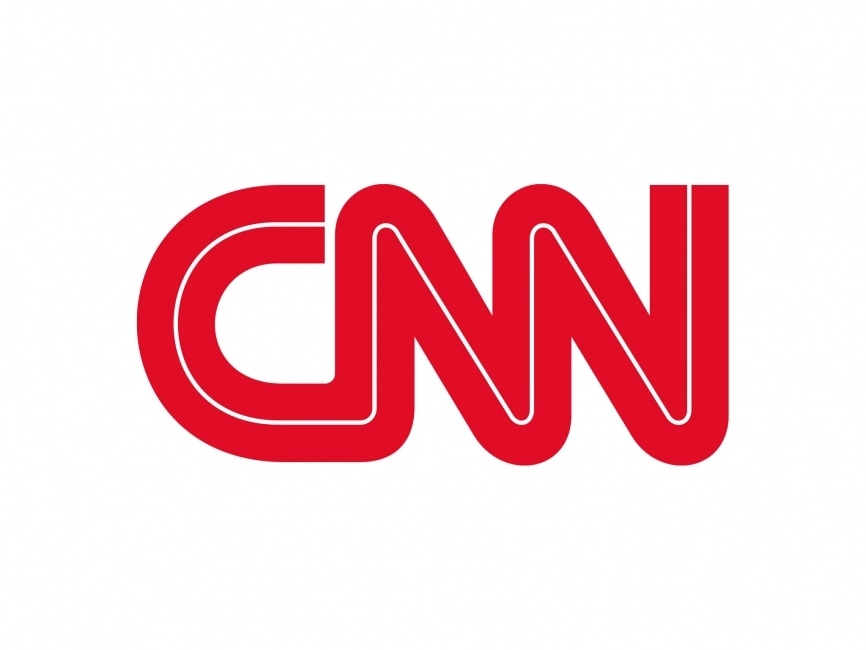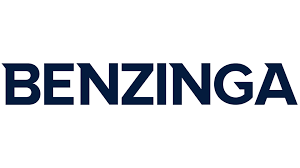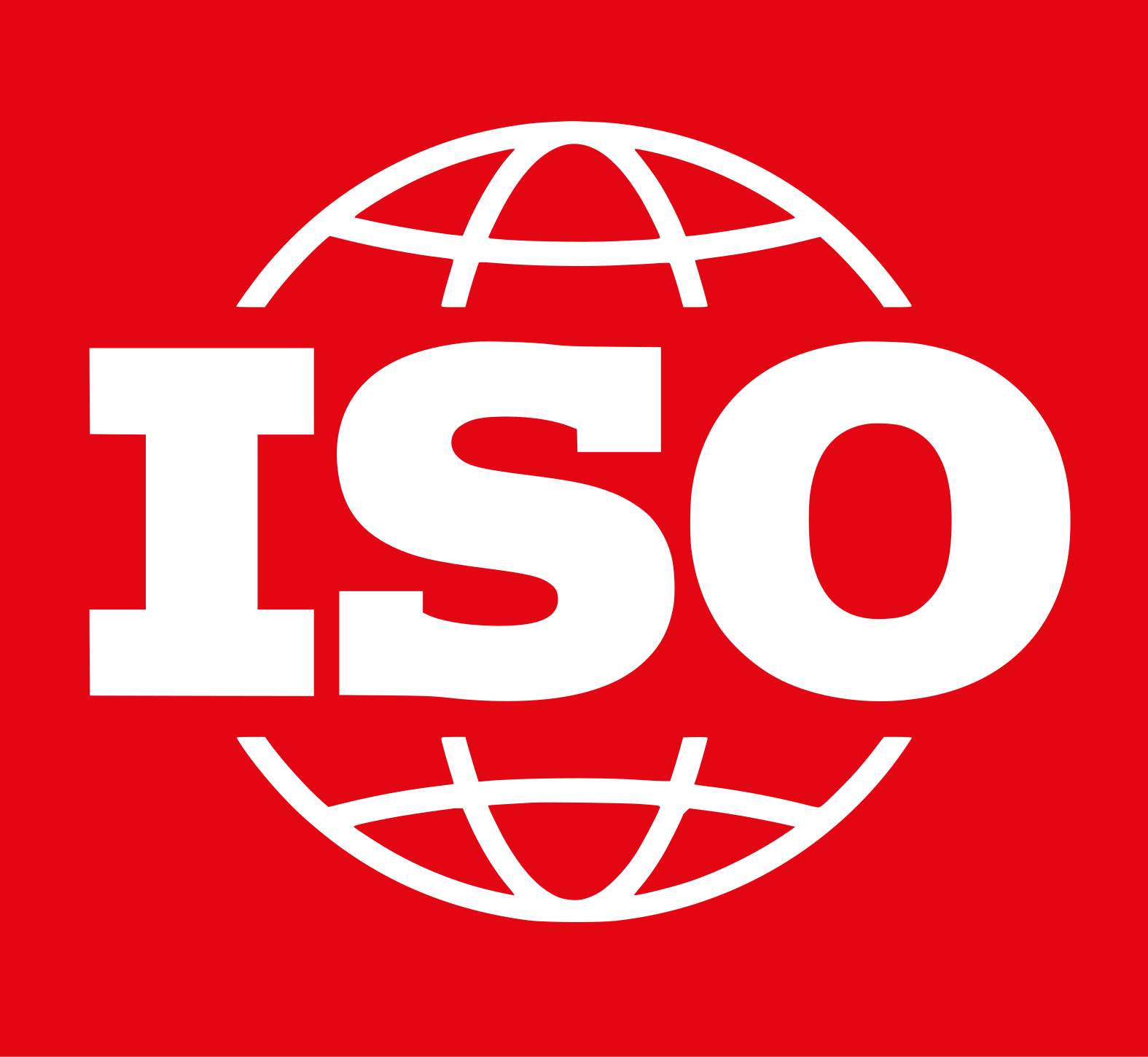Table of Contents
- 0.1 Introduction to Liquor Production License Requirements
- 0.2 Legal Framework for Alcohol Production in Nepal
- 0.3 Documentation Requirements for Liquor Production License
- 0.4 Step-by-Step License Application Process Guide
- 0.5 Financial Requirements for Liquor Production Setup
- 0.6 Technical Standards for Alcohol Production Facilities
- 0.7 Government Department Roles in License Processing
- 0.8 Timeline for Liquor Production License Approval
- 0.9 Cost Structure for License Application Process
- 0.10 Environmental Compliance for Liquor Production Units
- 0.11 Quality Control Standards for Alcohol Production
- 0.12 Storage and Distribution License Requirements Guide
- 0.13 Employee Safety Requirements in Production Units
- 0.14 Annual Renewal Process for Production License
- 0.15 Post-License Compliance and Monitoring Process
- 1 FAQs
- 1.1 What is the minimum capital requirement for a liquor production license in Nepal?
- 1.2 How long does the licensing process take for liquor production in Nepal?
- 1.3 Can foreigners obtain liquor production licenses in Nepal?
- 1.4 What are the main compliance requirements for liquor producers in Nepal?
- 1.5 How much does a liquor production license cost in Nepal?
- 1.6 What authorities regulate liquor production in Nepal?
- 1.7 Is local partnership mandatory for foreign investors in liquor production?
- 1.8 Do you need a liquor license to produce alcohol?
- 1.9 What is the liquor rule in Nepal?
- 1.10 How to get a trade license in Nepal?
- 1.11 What is the future of the alcohol industry in Nepal?
- 1.12 What is the law relating to the alcoholic business in Nepal?
Obtain the alcohol and liquor production license process in Nepal. Get all necessary approvals and start your distillery or brewery seamlessly.
Obtaining a license for alcohol and liquor production in Nepal involves navigating a complex regulatory landscape. This comprehensive guide outlines the legal requirements, documentation, and step-by-step process for acquiring a liquor production license in Nepal. Understanding these regulations is crucial for entrepreneurs and businesses looking to enter the alcohol production industry in the country.
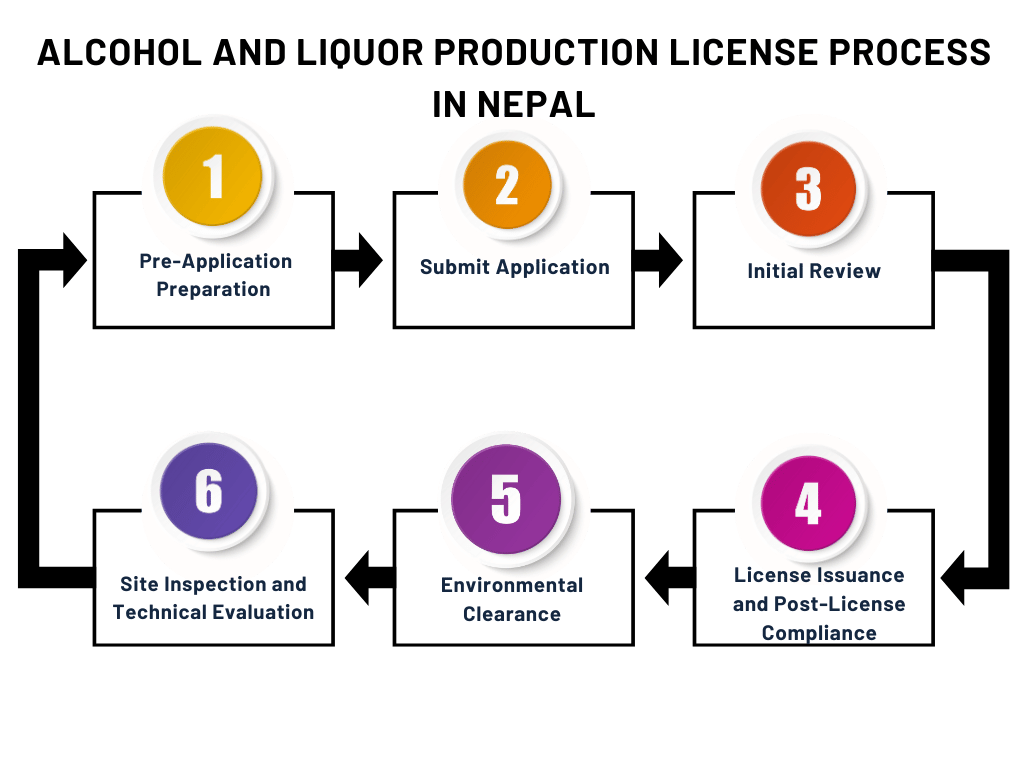
Introduction to Liquor Production License Requirements
The production of alcohol and liquor in Nepal is strictly regulated by the government to ensure public safety, maintain quality standards, and control the distribution of alcoholic beverages. The primary authority overseeing this sector is the Department of Industry (DOI), working in conjunction with other governmental bodies. Prospective producers must obtain a specific license before commencing any alcohol production activities.
Key requirements for obtaining a liquor production license include:
- Meeting minimum capital investment thresholds
- Complying with zoning and location regulations
- Adhering to technical and quality standards
- Fulfilling documentation and legal entity requirements
- Passing inspections and quality control checks
Legal Framework for Alcohol Production in Nepal
The legal foundation for alcohol production in Nepal is established by several key pieces of legislation:
- Industrial Enterprises Act, 2076 (2020)
- Liquor Act, 2031 (1974)
- Food Act, 2023 (1966)
- Environment Protection Act, 2076 (2019)
These laws collectively govern the establishment, operation, and regulation of liquor production facilities in Nepal. The Industrial Enterprises Act provides the overarching framework for industrial operations, while the Liquor Act specifically addresses the production, sale, and distribution of alcoholic beverages.
Documentation Requirements for Liquor Production License
To initiate the license application process, applicants must prepare and submit a comprehensive set of documents. These typically include:
- Company registration certificate
- PAN (Permanent Account Number) registration
- Memorandum and Articles of Association
- Feasibility study report
- Environmental Impact Assessment (EIA) or Initial Environmental Examination (IEE)
- Land ownership documents or lease agreement
- Building permit and blueprints
- Technical specifications of production equipment
- Quality control procedures documentation
- Financial statements and proof of capital investment
Ensuring all documentation is complete and accurate is crucial for a smooth application process.
Step-by-Step License Application Process Guide
The process of obtaining a liquor production license in Nepal can be broken down into the following steps:
- Pre-application preparation: Gather all required documents and conduct necessary studies.
- Submit application: File the application with the Department of Industry, including all supporting documentation.
- Initial review: DOI officials conduct a preliminary review of the application for completeness.
- Site inspection: Government representatives inspect the proposed production facility.
- Technical evaluation: Experts assess the production process and equipment specifications.
- Environmental clearance: Obtain approval from the Ministry of Forests and Environment based on the EIA or IEE.
- Committee review: An inter-departmental committee evaluates the complete application.
- License issuance: Upon approval, the DOI issues the liquor production license.
- Post-license compliance: Adhere to ongoing regulatory requirements and inspections.
Financial Requirements for Liquor Production Setup
Establishing a liquor production facility in Nepal requires significant capital investment. The minimum capital requirements vary based on the scale and type of production:
- Small-scale production: NPR 10 million
- Medium-scale production: NPR 50 million
- Large-scale production: NPR 100 million
These figures are subject to change, and applicants should verify current requirements with the DOI. Additionally, businesses must demonstrate financial viability through detailed projections and secure adequate funding for operational costs.
Technical Standards for Alcohol Production Facilities
Liquor production facilities in Nepal must adhere to strict technical standards to ensure product quality and safety. Key technical requirements include:
- Stainless steel equipment for fermentation and distillation
- Proper ventilation and temperature control systems
- Adequate water treatment and waste management facilities
- Laboratory equipment for quality testing
- Hygienic packaging and bottling lines
Compliance with these standards is assessed during the application process and subsequent inspections.
Government Department Roles in License Processing
Multiple government agencies are involved in the liquor production license process:
- Department of Industry: Primary licensing authority
- Ministry of Industry, Commerce and Supplies: Oversees industrial policy
- Department of Food Technology and Quality Control: Ensures food safety standards
- Ministry of Forests and Environment: Evaluates environmental impact
- Inland Revenue Department: Handles tax-related matters
- Local government bodies: Provide location-specific approvals
Coordination among these departments is crucial for efficient license processing.
Timeline for Liquor Production License Approval
The duration of the license approval process can vary significantly depending on the completeness of the application and the complexity of the proposed operation. On average, applicants can expect:
- Initial application review: 2-4 weeks
- Site inspection and technical evaluation: 4-6 weeks
- Environmental clearance: 8-12 weeks
- Final approval and license issuance: 4-6 weeks
Total processing time typically ranges from 4 to 8 months, though delays can occur due to various factors.
Cost Structure for License Application Process
Obtaining a liquor production license involves several costs:
- Application fee: NPR 10,000 – 50,000 (varies by production scale)
- License fee: NPR 100,000 – 500,000 (annual)
- Environmental Impact Assessment: NPR 500,000 – 2,000,000
- Technical evaluation fees: NPR 50,000 – 200,000
- Legal and consulting fees: Variable
Applicants should budget for these expenses and potential additional costs that may arise during the process.
Environmental Compliance for Liquor Production Units
Environmental considerations are a critical aspect of the licensing process. Liquor production facilities must:
- Conduct an Environmental Impact Assessment or Initial Environmental Examination
- Implement waste management and water treatment systems
- Adhere to air and noise pollution control standards
- Obtain clearance from the Ministry of Forests and Environment
Ongoing compliance with environmental regulations is mandatory for maintaining the license.
Quality Control Standards for Alcohol Production
Maintaining high quality standards is essential for liquor producers in Nepal. Key quality control measures include:
- Regular testing of raw materials and finished products
- Implementation of Good Manufacturing Practices (GMP)
- Adherence to Nepal Standards (NS) for alcoholic beverages
- Proper labeling and packaging standards
- Maintenance of detailed production and quality records
The Department of Food Technology and Quality Control conducts periodic inspections to ensure compliance.
Read More
- Energy Generation License Process in Nepal
- Department of Food Technology and Quality Control (DFTQC) Approval in Nepal
- Employment Contract Drafting in Nepal
Storage and Distribution License Requirements Guide
In addition to the production license, separate permits are required for storage and distribution of alcoholic beverages:
- Storage license: Issued by the Department of Commerce for warehousing facilities
- Distribution license: Obtained from local authorities for wholesale distribution
- Retail license: Required for selling directly to consumers
Each license has specific requirements and renewal procedures.
Employee Safety Requirements in Production Units
Ensuring worker safety is a crucial aspect of liquor production operations. Key safety requirements include:
- Provision of personal protective equipment (PPE)
- Implementation of fire safety measures
- Regular safety training for employees
- Proper handling and storage of hazardous materials
- Compliance with occupational health and safety standards
Regular inspections by labor authorities ensure ongoing compliance with these requirements.
Annual Renewal Process for Production License
Liquor production licenses in Nepal require annual renewal. The renewal process typically involves:
- Submitting a renewal application to the DOI
- Providing updated financial statements and tax clearance certificates
- Undergoing a compliance inspection
- Paying the annual license fee
- Addressing any issues identified during the previous year’s operations
Timely renewal is crucial to avoid disruptions in production activities.
Post-License Compliance and Monitoring Process
After obtaining the license, producers must maintain ongoing compliance with regulatory requirements:
- Regular quality control testing and reporting
- Adherence to production quotas and tax obligations
- Maintenance of accurate production and sales records
- Participation in periodic government inspections
- Prompt reporting of any changes in production processes or facility layout
Failure to comply with these requirements can result in fines, license suspension, or revocation.
FAQs
What is the minimum capital requirement for a liquor production license in Nepal?
The minimum capital requirement varies based on the scale of production. Small-scale operations require at least NPR 10 million, medium-scale NPR 50 million, and large-scale NPR 100 million. These figures are subject to change, and applicants should verify current requirements with the Department of Industry.
How long does the licensing process take for liquor production in Nepal?
The licensing process typically takes 4 to 8 months from initial application to final approval. However, this timeline can vary depending on the completeness of the application, the complexity of the proposed operation, and the efficiency of government departments involved in the process.
Can foreigners obtain liquor production licenses in Nepal?
Yes, foreign investors can obtain liquor production licenses in Nepal. However, they must comply with foreign investment regulations, which may include partnering with local entities or meeting specific investment thresholds. Foreign investors should consult with the Department of Industry and the Investment Board Nepal for detailed requirements.
What are the main compliance requirements for liquor producers in Nepal?
Key compliance requirements include adhering to quality control standards, maintaining environmental safeguards, ensuring worker safety, complying with tax obligations, and participating in regular government inspections. Producers must also maintain accurate records of production, sales, and quality control measures.
How much does a liquor production license cost in Nepal?
The cost of a liquor production license includes various fees:
- Application fee: NPR 10,000 – 50,000
- Annual license fee: NPR 100,000 – 500,000
- Additional costs for environmental assessments, technical evaluations, and consulting services can range from NPR 500,000 to several million, depending on the scale of the operation.
What authorities regulate liquor production in Nepal?
Several government bodies regulate liquor production in Nepal:
- Department of Industry (primary licensing authority)
- Ministry of Industry, Commerce and Supplies
- Department of Food Technology and Quality Control
- Ministry of Forests and Environment
- Inland Revenue Department
- Local government bodies
Is local partnership mandatory for foreign investors in liquor production?
While not always mandatory, partnering with a local entity can significantly facilitate the licensing process for foreign investors. Local partners can provide valuable insights into the regulatory landscape, assist with navigating bureaucratic procedures, and help meet any local ownership requirements that may apply to certain aspects of the business.
In conclusion, obtaining a liquor production license in Nepal requires careful planning, significant investment, and thorough compliance with a complex regulatory framework. Prospective producers should conduct comprehensive due diligence and consider seeking professional legal and consulting assistance to navigate the process effectively. By understanding and adhering to these requirements, businesses can successfully establish and operate liquor production facilities in Nepal.
Resources: Mayer Brown News, Jones Day Insights, Linklaters News
Do you need a liquor license to produce alcohol?
Yes, obtaining a liquor production license is mandatory in Nepal. Businesses must comply with the Excise Duty Act, 2058 (2002) and other relevant laws. Separate licenses are required for production, distribution, and sale to ensure regulatory compliance.
What is the liquor rule in Nepal?
Alcohol production, distribution, and sale require government approval in Nepal. The minimum legal drinking age is 21 years, and alcohol advertising as well as public consumption are restricted. Additionally, businesses must adhere to excise duty and VAT regulations when selling liquor.
How to get a trade license in Nepal?
1. Register the business with the Office of Company Registrar.
2. Obtain a PAN/VAT certificate from the Inland Revenue Department.
3. Apply for a trade license at the local municipal office.
4. Specific industries, including alcohol, need additional regulatory approvals.
What is the future of the alcohol industry in Nepal?
The alcohol industry in Nepal is witnessing a growing demand for premium and craft liquors. While government regulations are becoming stricter, opportunities in export markets, especially for locally produced spirits, are expanding. Licensed liquor businesses are expected to grow with increased compliance measures and formalization of the industry.
What is the law relating to the alcoholic business in Nepal?
he alcoholic business in Nepal is primarily regulated under the Excise Duty Act, 2058 (2002) and the Liquor Act, 2031 (1974). Separate licenses are required for production, wholesale, and retail businesses. Strict penalties apply for illegal production, sale, or distribution. There are also regulations on advertising, promotion, and sales to minors to ensure responsible alcohol consumption.

